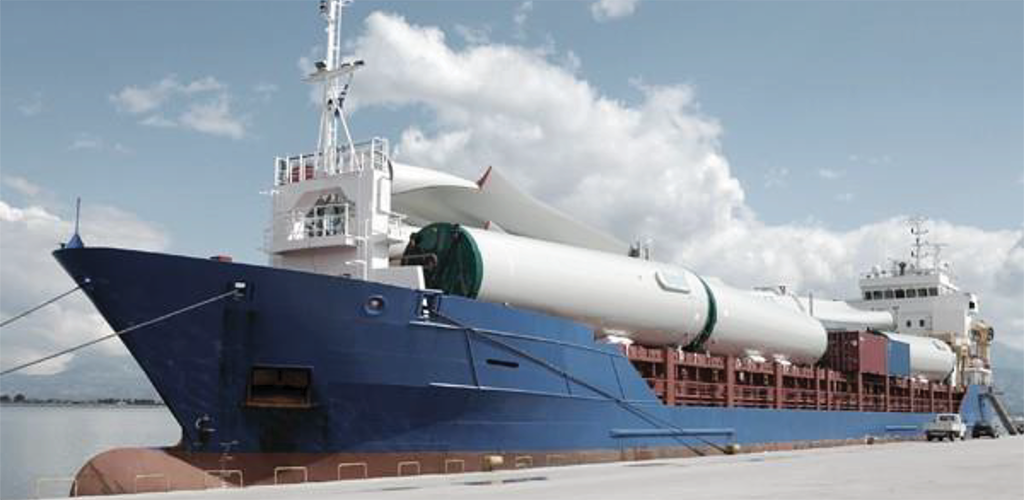May 18 | 2020
By Andrew Corton – Chair Joint Cargo Committee and Philip Norwood – Secretary, Joint Cargo Committee

In these unprecedented times we have seen a quite amazing change in world trade. Many articles are published daily regarding port accumulations, delays to vessels, border crossing closures and countries self-isolating. Recently there has been a huge reduction in the price of oil and commodity traders have been scrambling to sell oil and undo trades. We’ve also seen a huge increase in oil storage - many practitioners do not appear to be aware of clause 397, War and Strikes Clauses (Cargo stored afloat in mechanically self-propelled vessels.)
The press have also reported on potential claims in the property market and significant business interruption claims. This is leading to speculation about how different insurance markets will react to the COVID-19 pandemic and many of those markets are waiting to see how this plays out in court rooms across the world, predominantly the USA. In the cargo world we are really looking at delay and potential port, vessel and warehouse accumulations.
Delay in itself is not a covered peril under the standard clauses. Underwriters have given accumulation clause coverage for many years, in fact since the 1970’s and the EU butter mountain issue. Accumulation clauses are a feature of most general cargo policies. These clauses may now be needed and underwriters may well face increased exposure.
The major risk for the cargo market appears to be the widened coverage for expenses the market has allowed in recent years. Here we can focus on forwarding expenses, extra expenses and shipping expenses, sometimes included under TDI type extensions.
The standard ICCA clauses exclude delay under clause 4.5, but they include forwarding expenses for specific reasons. The duration, termination of transit and change of voyage clauses all provide the ability to have cargo covered should destinations change and advice be given to underwriters. We should also consider that it is not just cargo owners who pay additional costs for a change of destination, shipowners will also have to fund part of the costs.
As a result of the introduction of the new Communicable Disease clauses, all parties will need to consider and agree on what coverage is appropriate going forward.
Underwriters have two options today: 1) to use a full exclusion or 2) to use an alternative exclusion with a limited buy-back. The buy-back option affords a measure of expenses coverage in line with each specific policy wording. Each underwriter and each insured has a choice and that choice can be discussed with brokers at the time of policy renewal. This is particularly important if frozen and chilled extension clauses are used.
All parties should also be aware of the duty of assured clause. Underwriters would expect customers not to send/accept shipments if they know goods are unlikely to arrive at their intended destination.
Whilst lockdown continues and trade is affected, the insurance industry will continue to have a significant role to play globally and we are sure that the market will continue to do everything it can to assist and work with our partners.
The Joint Cargo Committee is comprised of underwriters from the London market, both Lloyd’s and Companies, including Under 35 marine group representatives. The purpose of the Committee is to assist the wider cargo market on the issues of the day and to develop new clauses where appropriate. We have worked in conjunction with LIIBA on numerous clauses such as Cyber, Project Cargo, updated Bulk Oil clauses and revamped versions of the standard ICCA clauses, to name but a few.
The most recent clauses to be introduced have been the new Communicable Disease clauses, available on the JCC website and on the Lloyd’s repository.
Subscribe to BreakbulkONE and receive more industry stories and updates around impact of COVID-19.


